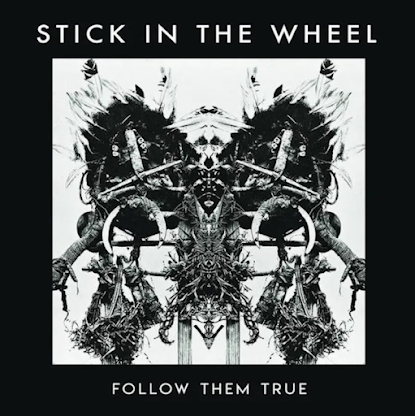#Jon Anderson #Yes #progressive rock #progressive folk rock #symphonic prog #1970s
“I’d been thinking about Olias Of Sunhillow for a long while before I actually wrote it,” says Anderson today, speaking from his current home in San Luis Obispo, California. “When [sleeve artist] Roger Dean started creating artwork for Yes, I saw the ship he’d drawn sailing around the planet for Fragile [in 1971], and thought it was a very interesting concept.” Anderson then spent “a period of a year” composing a story about a magician/hero who rescues his people from their dying planet in a galleon-style Noah’s Ark-cum-spaceship.
In the meantime, though, his day job meant he was still busy conquering his own planet. Yes’ imperial phase began with Fragile and continued, unbroken, until 1974’s Relayer. Each of the five albums they released during this period, including the live Yessongs, went Top 10 in Britain and Top 20 in the US, with Tales From Topographic Oceans reaching No.1 at home. These figures make sense of the commercial and musical landscape in which Jon Anderson created his brain-boggling concept album. Yes were a huge hit group, so if Yes wanted time off to each make a solo album – even the drummer – their label, Atlantic Records, indulged them.
After the Yes tour, Anderson returned to the seven-bedroom country house he shared with his first wife Jenny and their children, in the Chiltern Hills, some 25 miles from London – and stayed there. “Seer Green, Buckinghamshire, was in the country, so I didn’t have to bother with the city any more,” he says. “I was surrounded by trees, birds and bees, and started living a hermit‑like existence.” Anderson went into the garage and began creating. Roger Dean’s artwork for Fragile was one inspiration; another came from the painter and mystic Vera Stanley Alder’s books, The Finding Of The Third Eye and The Initiation Of The World. Both had been published in the 1930s, but had found a new readership among the spiritually inclined pop generation – even Elvis was a fan.
“Vera Stanley Alder talked about the connection we have with the third eye,” Anderson explains, referring to the ‘invisible’ inner eye through which some believe humans can access a higher state of consciousness. Anderson, a devotee of meditation since the early 70s, regarded the third eye as “a beacon – like a radio satellite connection – to all that is divine”. Meanwhile, in The Initiation Of The World, Alder posited the theory that there had once been four “nature tribes” on the planet. “There was Negro, Asian, Oriental and Nordic,” says Anderson. “And that’s where the four tribes in Olias Of Sunhillow came from. But my four tribes were not physical tribes, but music consciousness tribes.” Anderson’s tribes – Nagranium, Asatranius, Oractaniom and Nordranious – existed, he said, “through music, rhythms and tempos”. Their planet, Sunhillow, was on the verge of collapse after a volcanic disaster. The titular hero builds a ship, the Moorglade Mover, to transport his people to a new planet. He’s helped in his endeavours by fellow magicians Ranyart, the ship’s navigator, and Qoquac, the four tribes’ appointed spokesperson.
Anderson now describes the time he spent making Olias Of Sunhillow as “going to music school”. Yes’ studio technician and live engineer Mike Dunne worked the desk, while Anderson took care of vocals, percussion, guitar, harp, Moog, sitar, flute and a Turkish lute-style instrument known as a saz. “What I learned was that you can play instruments and it works, even if you don’t play them incredibly well,” Anderson says. “You don’t have to be that good, but you can merge a guitar with a harp or a sitar or a flute and create new sounds.”
Anderson’s greatest instrument, though, was his voice, something none of his bandmates could match. Above all, Olias Of Sunhillow is a vehicle for some extraordinary vocals and lyrics. When confronted by their singer’s abstract words, Anderson’s bandmates often wondered what astral plane he was living on. But in the garage at Seer Green, he could sing what he liked, unchallenged. So much so that Anderson even created a new language for one track, Sound Out The Galleon. The lyrics, ‘Do ga riytan, sha too Raytan, gan matta sha pa, mutto matto mutto’ have always fascinated long-time Anderson watchers – especially the permanently stoned ones. “Those words were a solo for my voice,” he explains. “I couldn’t play a solo on an instrument so I used my voice instead.”
From: https://www.loudersound.com/features/the-story-behind-jon-anderson-s-debut-solo-album-olias-of-sunhillow































